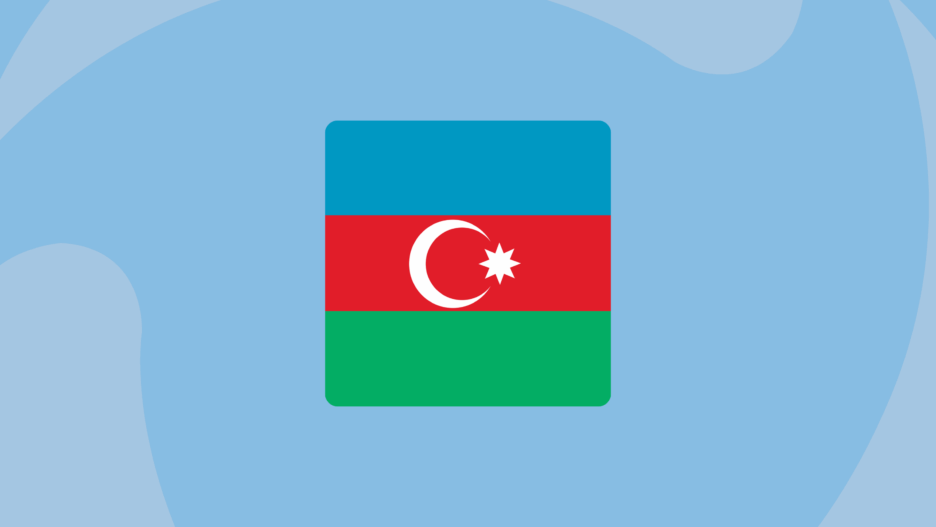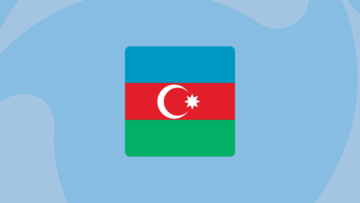Shaping the future of social digital services in Azerbaijan

This brief summarises key learnings from the dialogue on advancing interoperability in Azerbaijan’s social protection held on September 19, 2024.
You can watch the recordings and download the materials on the event page.
Overview:
Azerbaijan has significantly advanced the digitalisation of its social services. It has digitalised 159 social services over 90% of the total, including pensions, labour contracts, allowances, social assistance, and more reaching about 87% of the population. These efforts are driven by the Ministry of Labour and Social Protection of Population (hereinafter – the Ministry).
The social system’s digitalisation timeline, as shown in the figure, reflects a gradual and structured progression in Azerbaijan’s digitalisation (2003-2013). Beginning with basic infrastructure development and personal data collection, it is followed by the launch of the Centralised Information System (CEIS) in 2014, marking the era of expansion and integration (2014-2017) and enabling data integration from over 80 state agencies.
The CEIS serves as a central repository for electronic information related to social services of the Ministry, offering a single-window approach across 19 sub-systems (such as disability, pension, etc.) and four registries, including labour, employment, social assistance, and social security.
This learning brief explores Azerbaijan’s most recent digital transformation phase between 2018 and 2023, which was the focal point of the webinar.
